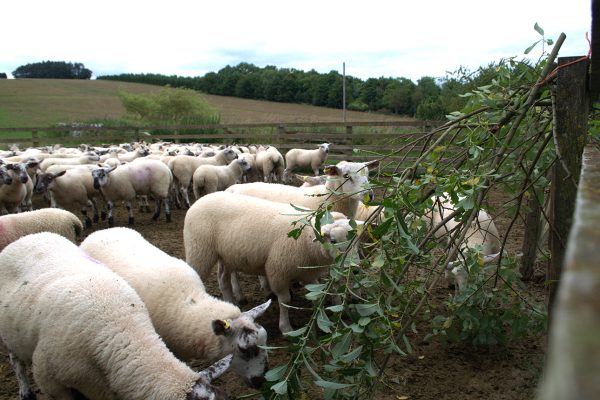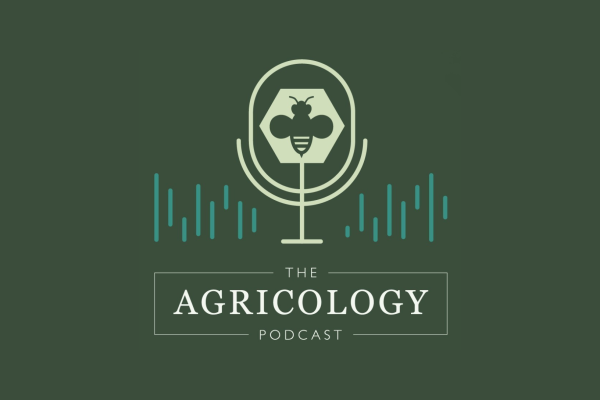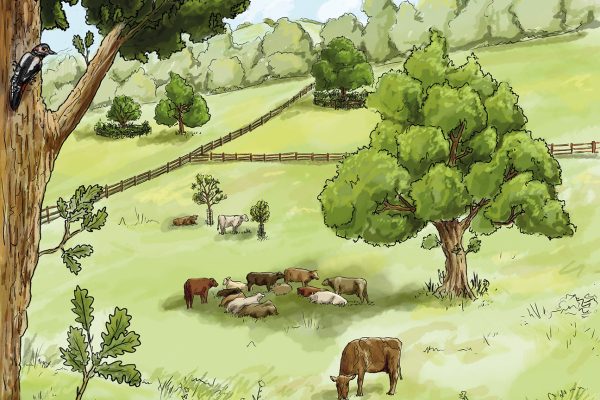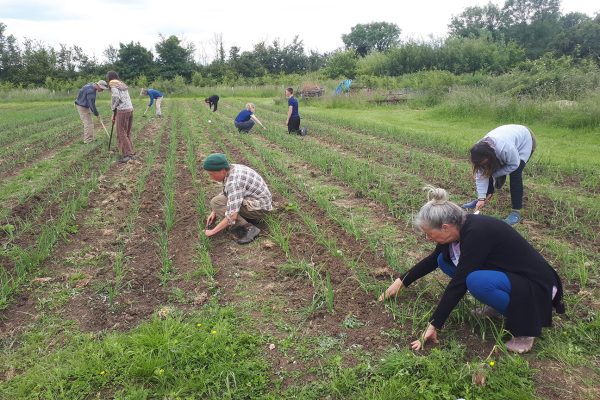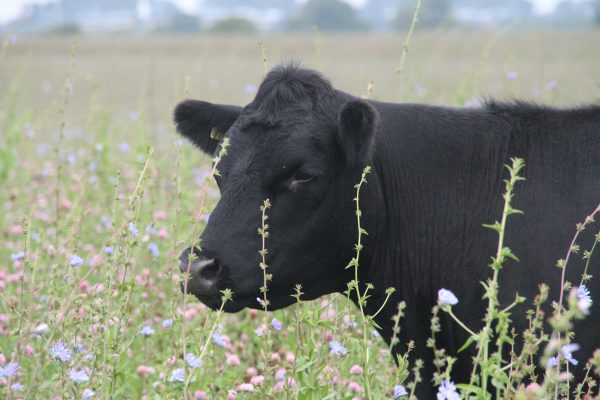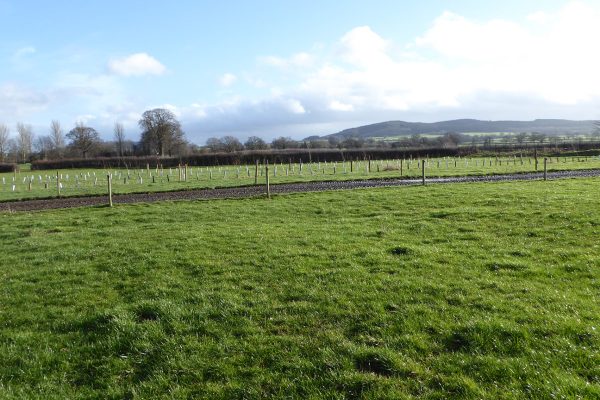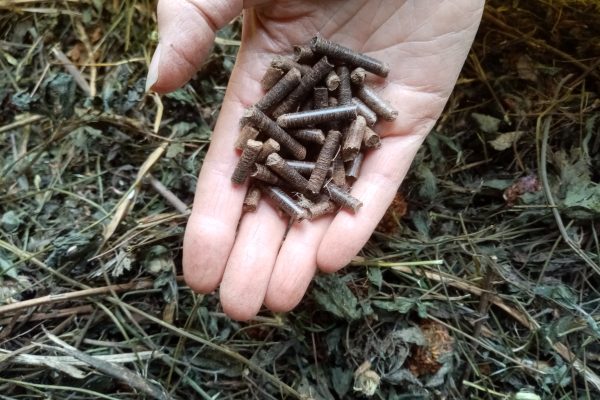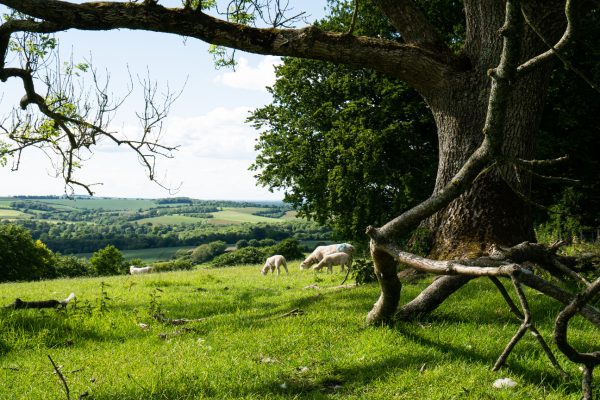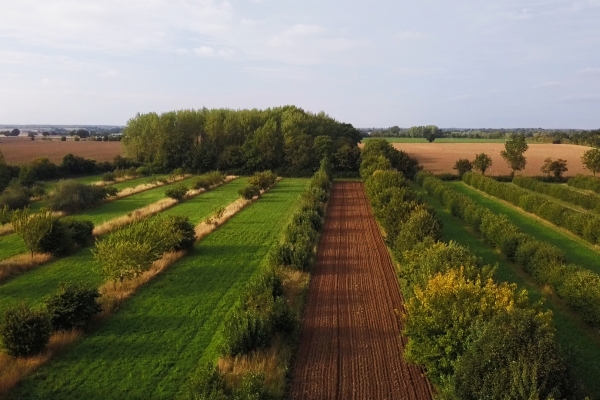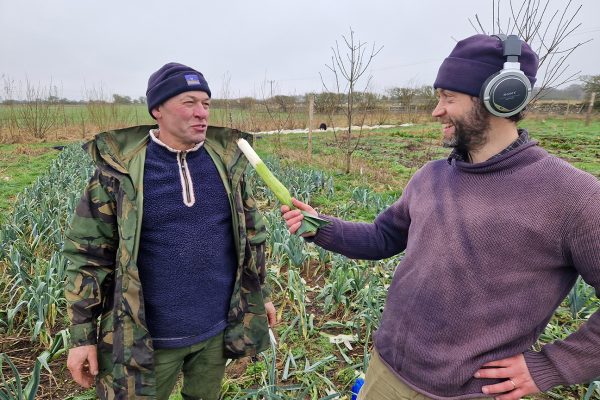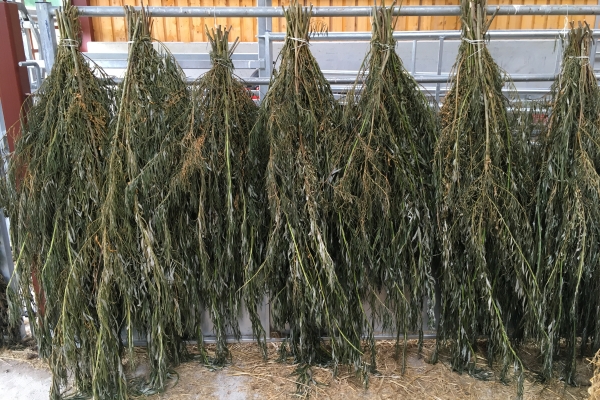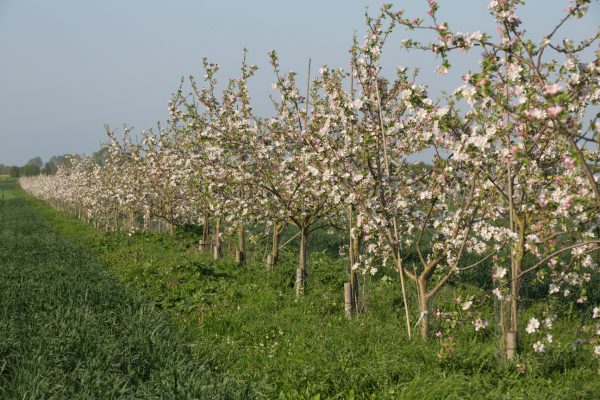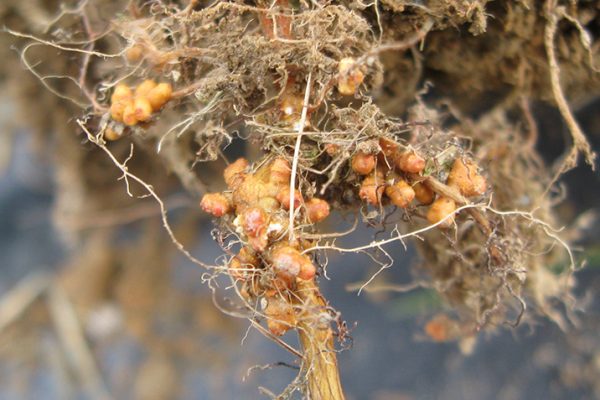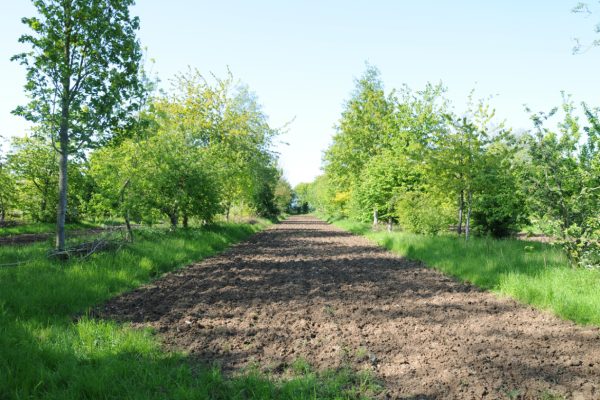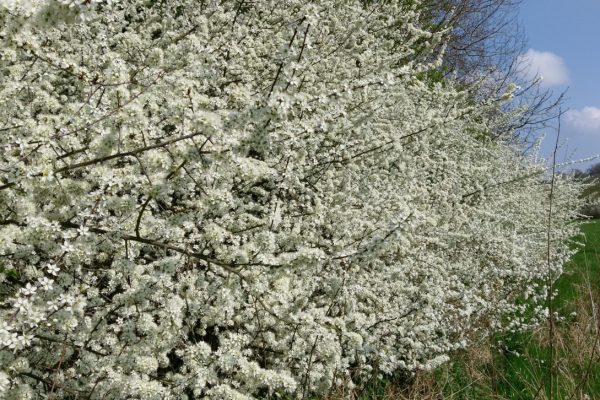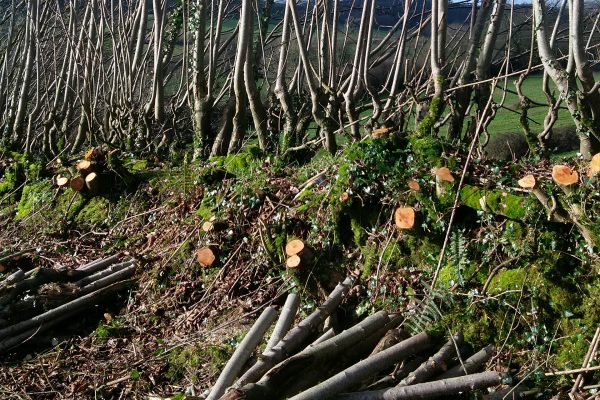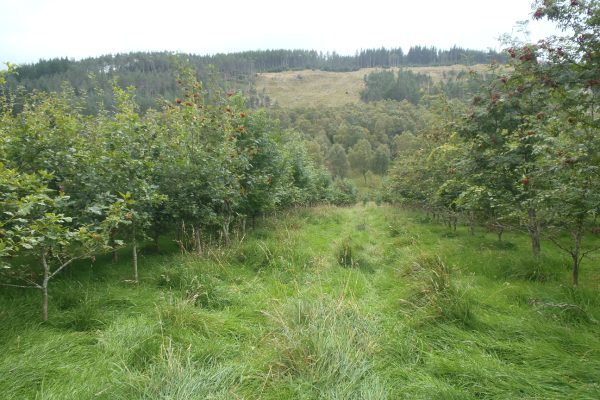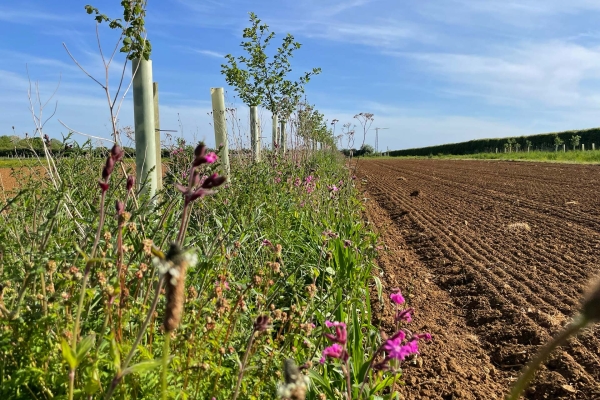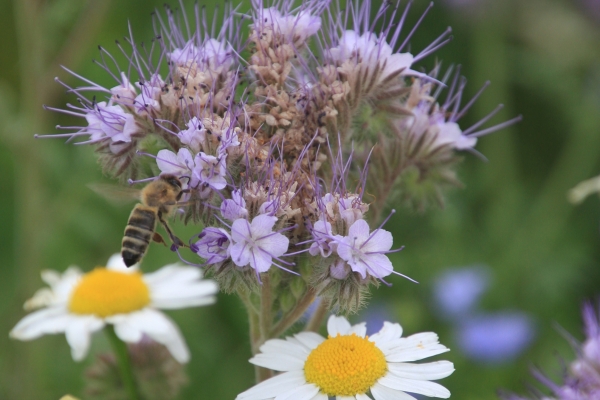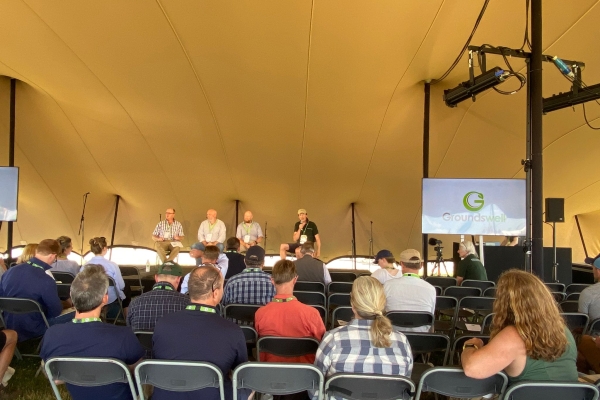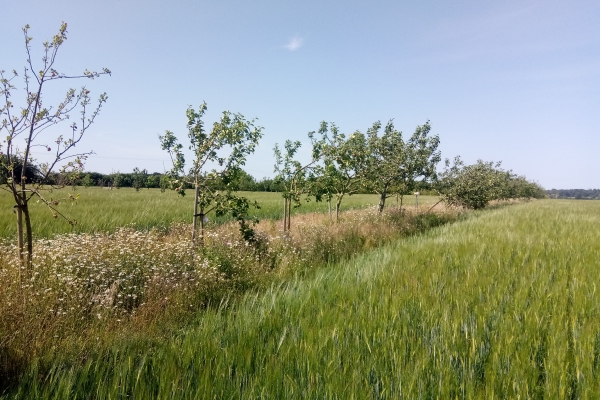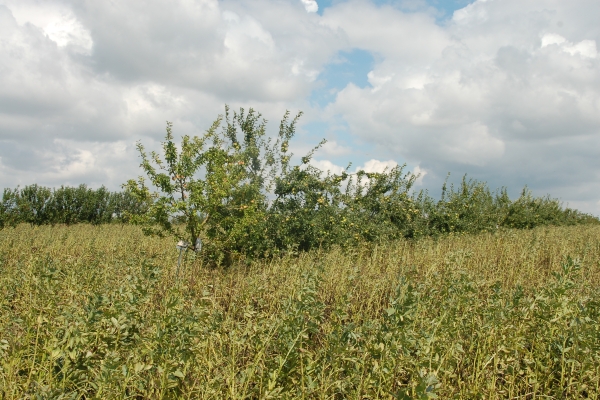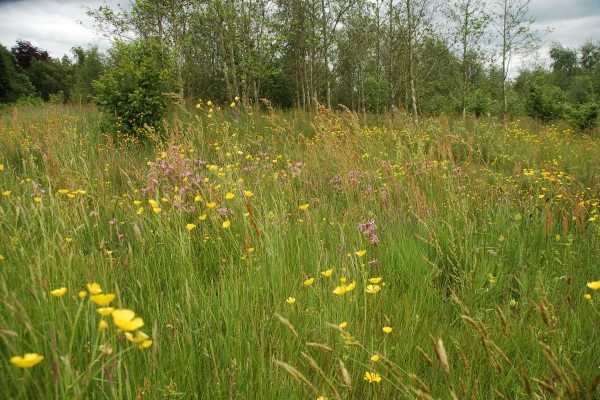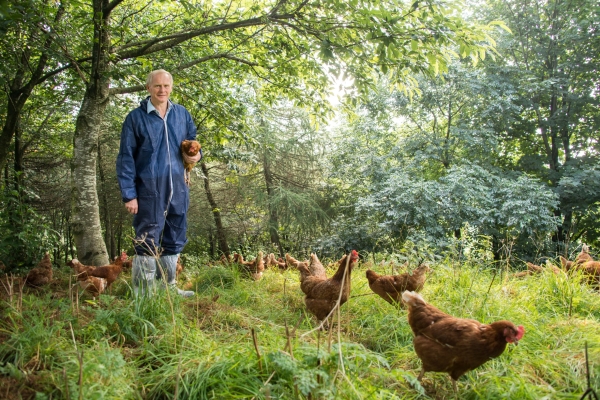Living Mulches - Technical Guide - video
In this video Matt England talks through his journey of trialling living mulches with the key learnings, observations and reflections that have come from it.
LEARN MOREThis resource page shares insights from a farmer-led field lab which explored how feeding willow to lambs could address cobalt deficiency and support healthy growth.
The Agricology Podcast offers practical insights into sustainable farming, featuring conversations with farmers, researchers, and advisors. Explore topics like soil health, regenerative agriculture, and livestock management through diverse perspectives.
Three leaflets from the Woodland Trust aimed at livestock farmers wanting to make the most of trees on the farm.
Cultivating Wisdom’ is a collection of agroecological research summaries from practitioners in the Landworkers’ Alliance’s ‘Experts in Your Field’ project.
This ORFC 2024 session reframed the case for livestock in the landscape.
This Groundswell 2024 session explored the role and challenges of incorporating trees into dairy farming systems.
This report summarises findings from the Perennial Green Manures project highlighting the potential of PGMs as fertilisers and further areas of research and innovation needed.
A practical guide designed to help you make informed decisions and take necessary steps to protect people, nature and your business from ash dieback and other tree health issues.
A revised new edition of this publication explaining the on-farm research carried out at the innovative and pioneering Wakelyns.
The Organic Grower Podcast is an OGA initiative which aims to be practical in focus, getting straight into the nitty-gritty of people’s growing practices and business operations.
Soil Association Scotland webinar discussing how tree hay can be a valuable way to supplement winter forage and support livestock nutrition and welfare.
Footage of agroforestry pioneer Stephen Briggs imparting some of his learnings from a now well-established commercial agroforestry system.
This Innovative Farmers webinar provides an update on research into perennial green manures and opportunities to get involved in a field lab.
Tree Amble is a podcast which started in June 2023 celebrating the author (Pete Leeson)’s 30 years in conservation, featuring 30 interviews, each about an hour in length.
Independent evidence-based analysis of the environmental and economic benefits of hedgerows.
Practical guidance with case studies on managing hedgerows for woodfuel and hedgerow products, as part of the farm business.
Recommendations from the SOLMACC project for implementing climate-friendly and resilient farming practices on-farm.
Silvo-horticulture agroforestry has many benefits for market gardens, but needs careful planning for success. This workshop held at Organic Matters 2022 focused on how to make it work.
This publication from the Landworkers' Alliance highlights what pioneers of agroecology in the UK are doing to create a productive and sustainable agriculture.
Recording of a Groundswell 2022 discussion organised by Agricology exploring water resilience; why it's important to consider it on the farm, how it can be increased and how we can work together to create change and look after our water resources.
Summary highlighting outcomes of Tom Staton's PhD thesis ‘Evaluating the effects of agroforestry versus arable systems on functional biodiversity and associated ecosystem services.’
Recording of a workshop hosted by the Organic Research Centre online that set out to explore how agroforestry could contribute towards the conservation and restoration of biodiversity, and the policy options that could support the realisation of these benefits.
Document created as part of an agroforestry case study of Three Hagges Woodmeadow - exploring the practicalities and benefits of combining woodland and meadows.
Can planting trees on your hen range boost biodiversity as well as benefit your business?

